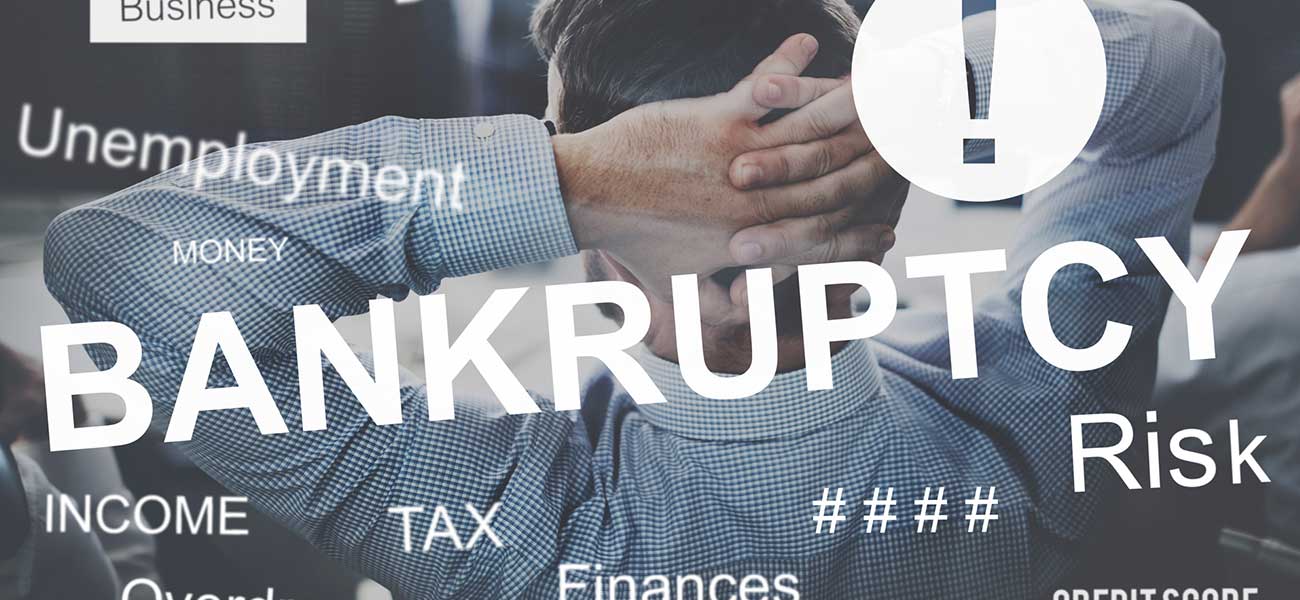Prepared by: Pradyumna Yadav (June 15, 2021)
Edited by: Manisha Chaudhary, Managing Partner
INTRODUCTION
Any country’s securities market plays a crucial role in the circulation of money, augmenting real savings, boosts capital inflow from abroad, enhances the productivity of investments, reduces the cost of capital, etc. Thus, every country desire to have a well-regulated securities market. The Indian securities market is a very conservative market when it comes to funding circulation mainly because of the prevalent societal notion of bank savings being a safer option. The criterion of judging any securities market is to check how secure is the interest of investors there, and in India, the job of preserving such interest is with the Securities and Exchange Board of India (SEBI). The regime under SEBI has seen its dark days, wherein the events such as the Sahara scam, Satyam scam, Karvy scam and other infamous scams have devasting effects on the investors interest and confidence. Nonetheless, the current article aims to analyse how has the SEBI regime fared during the Karvy Scam.
Analysis of SEBI Regime
The importance of SEBI in the Indian securities market can be aptly explained from the observation of the Honourable Supreme Court of India in the case of Swedish Match AB v. SEBI , wherein it was observed that an independent regulatory agency and expertly curated regulations for serving the complex requirements of the dynamic Indian securities market are indispensable. The regulator is not merely a body of government officials rather a confluence of subject-matter experts. SEBI since its establishment in the year 1992 has taken active steps to curb market violations by revamping delegated law (regulations, circulars, informal guidelines, etc.) every now and then to safeguard investors’ interest and ensure holistic development of the Indian securities market. The regulator’s task is not limited to the framing of regulations but also active enforcement and adjudication of cases within its jurisdiction. The Karvy Scam is a case that shows how an imbalance in the performance of three prime functions of the regulator, that is framing, enforcement and adjudication of securities market disputes can lead to a disaster such as Karvy itself.
Before venturing into the nitty-gritty of the Karvy Scam, it would be relevant to discuss what comprises the ‘interest of investors.’ Let’s look at an example of a common securities market offence: insider trading. SEBI (Prohibition on Insider Trading) Regulation, 2015 is premised on the principle of Information Symmetry, insiders (someone within the company’s management who has sensitive information regarding the share prices of that company) and general investors in the market should have access to the same information. The interest of investors is compromised when unlawful gains are made by the insider due to possession of some Unpublished Price Sensitive Information (UPSI), the very fact that the investors were deprived of making rightful decisions and the information was misused by an insider is simply an act harming the interest of the investors. For instance, in the case of Hemant Ghai (CNBC Awaaz) case, wherein the Hemant Ghai had access to insider information before disclosing it on his show and he made unlawful gains by acting on this information was in the larger sense against the viewers (investors or traders) as they were deprived of the right to act on the information at the same time it was disclosed to the investors. Information symmetry is often equated with levelling of the playing field which is then equated in terms of investors’ interest. But the emphasis has to be on fairness in information symmetry, not just levelling of the playing field.
Karvy Scam is one of the scams that could have completely broken investors’ faith in the SEBI that the regulator has been hustling to build over the years in order to bolster the Indian stock markets. The scam shows failures on the part of the regulator and other market participants but also a lackadaisical attitude on investors’ end. Karvy Scam was committed by Karvy Stock Broking Limited (KSBL), a broker registered with SEBI was guilty of committing fraud against its clients by taking loans of a whopping INR 1200 crores by pledging shares of its client without their due authorization and the loan amount so generated was used by KSBL to fund its failing realty subsidiary Karvy Realty. KSBL was able to pledge shares of its client due by blatantly misusing the Power of Attorneys (POA) signed between KSBL and its client. The core purpose of these POAs was to obtain by-passing authorization from the client for each trade made by the broker on their behalf. Eventually, upon the discovery of the misappropriations made by KSBL, SEBI conducted a forensic audit and found the money diversion racket.
SEBI found KSBL guilty of misappropriating money and it was barred from the securities market along with a prohibition on taking new clients. In light of the SEBI finding the fraud committed by KSBL, the National Stock Exchange (NSE) revoked the license of KSBL. National Securities Depository Limited undertook the responsibility for ensuring that the pledged shares are transferred to the clients’ dematerialized accounts. Karvy scam shows cooperation amongst the regulator, depository and stock exchange in order to eradicate wrongful practices in the Indian securities market, such cooperation is highly appreciated by a resource-constrained regulator. It would be right to say that it is not the sole responsibility of SEBI to ensure a malpractice-free securities market but also of the market participants along with the regulator to ensure that the gains are not made at the cost of the Indian securities market’s integrity. The Karvy debacle opened up floodgates of complaints against brokers by investors. Given the numerous complaints filed by investors, SEBI started probing the brazen misuse of the POAs by the brokers in the market. The Karvy debacle was sought by SEBI in the year 2019, it has been three years since the scam occurred and the market participants and SEBI have strengthened their existing regime to prevent any other devastating brokerage scam.
Conclusion
Reviewing the existing regime for regulation of stockbrokers, SEBI has enacted SEBI (Stock Broker) Regulation, 1992 for regulating and aside from a comprehensive stock broker regulation, SEBI also mandates that stockbrokers comply with requirements with respect to compliance with stock exchanges, depositories and other market participants. Karvy Scam exposes the botched implementation of Securities Laws by SEBI. Given the nature and size of the Indian securities market, it is difficult for regulators to curb economic offences without the requisite financial & human resources and government’s underpinning. The challenge here is not limited resources, but the optimal utilization of those limited resources by the concerned authorities. On the bright side, Karvy scam also brings in the aspect of ‘cooperative regulation model’, wherein the regulator and market participants (depositories, stock exchanges, etc.) work hand in hand to eradicate any potential abuses in the existing regime.
It would be relevant to mention that India has all the laws in place to deal with any kind of securities fraud, it’s the implementation of these laws which needs to be strengthened. SEBI’s operations must become more technology-intensive and rather than reactive, a proactive execution is the need of the hour to nib any other Karvy Scam in future to develop a conducive environment for India economic growth.
_____________________
1 11 SCC 641, Para. 46 and 51 (2004).









